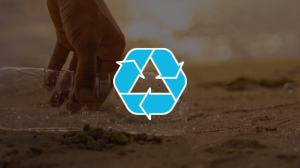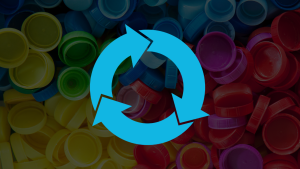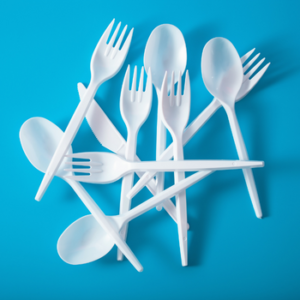Crunch time as crisp makers adopt plastic-free packets
Small potato chip businesses are leading the way in eco-friendly packaging.
Several businesses in the U.K. and Canada discuss their exemplary product designs: from zero-waste bulk store potato chip service to cellulose-based packaging that has an comparable shelf life. The unrecyclable bags that dominate the current chip market are made from a mixed material – plastic and thin sheets of metal – which is why they are not recyclable and end up in the landfill.
Story Preview
Worldwide sales in 2021 totalled $32.2bn (£26.6bn), according to one study, and in the UK alone it is widely reported that six billion packets of crisps are consumed every year. Meanwhile, data for the US says Americans typically eat 1.85 billion pounds (839 million kg) of potato chips per year.
A problem with this consumption is the packaging – most crisps continue to be sold in single-use, non-recyclable plastic packets. These can take decades to finally decompose.
The biggest names in the crisps sector say they will need additional time to switch to more environmentally-friendly packaging.
[…] Walkers’ owner, US giant PepsiCo, says it will move to the use of recycled or renewable plastics by 2030.
In the meantime, it is smaller crisps firms who are leading the way in terms of more eco-friendly packaging, such as Canadian business Humble Potato Chips. It was launched earlier this year by Alicia Lahey and her husband Jeff.
Their compostable crisp packets are also made mostly from cellulose, and are certified plastic-free. They are said to have a comparable shelf life to plastic bags, and are now on sale in both Canada and the US.
“We started Humble Potato Chips for our son Wilder,” says Ms Lahey. “When he was born we began to hope for a future that wasn’t just our own.
[…] Back in the UK, Herefordshire-based farmers Sean Mason and Mark Green launched sustainable crisps brand Two Farmers in 2018. They were inspired to seek biodegradable packaging after being fed up with finding empty plastic crisp packets on their farms.
The duo ultimately spent four years trying to find suitable packets that would enable them bring the crisps to market. “Eventually we visited a packaging show, and came across sustainable cellulose film, and combined it with plant-based biodegradable ink and glue,” says Mr Mason.
“They [the packaging firm in question] had never made it into crisp packets before, and it took two and a half years to develop.”
In the end the cost of the finished packaging had quadrupled in predicted price. “[But] we are trying to give people the option if they want to spend a bit more on something that’s more environmentally friendly. As we scale up, costs will come down.”
Suzanne Bearne, BBC News, Oct 27, 2022.



